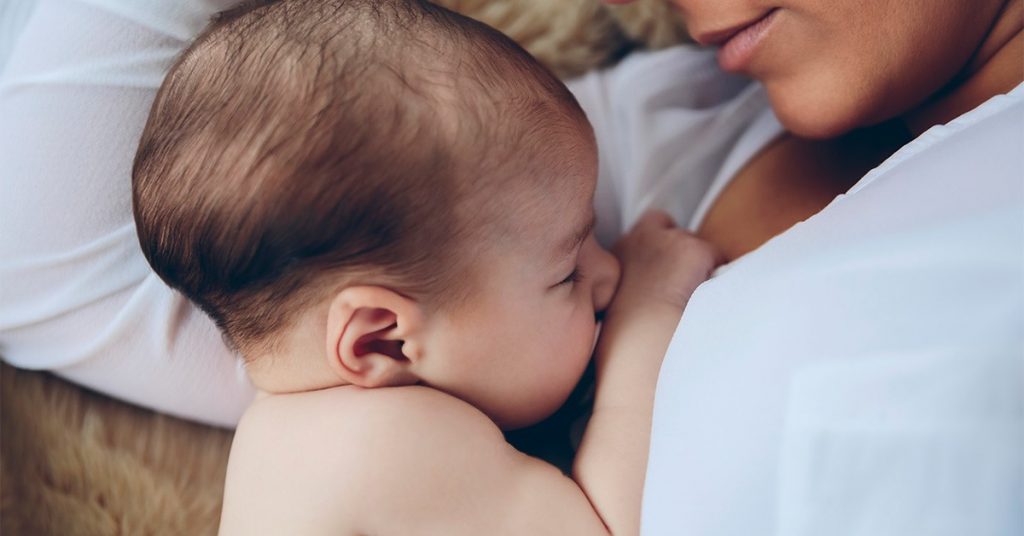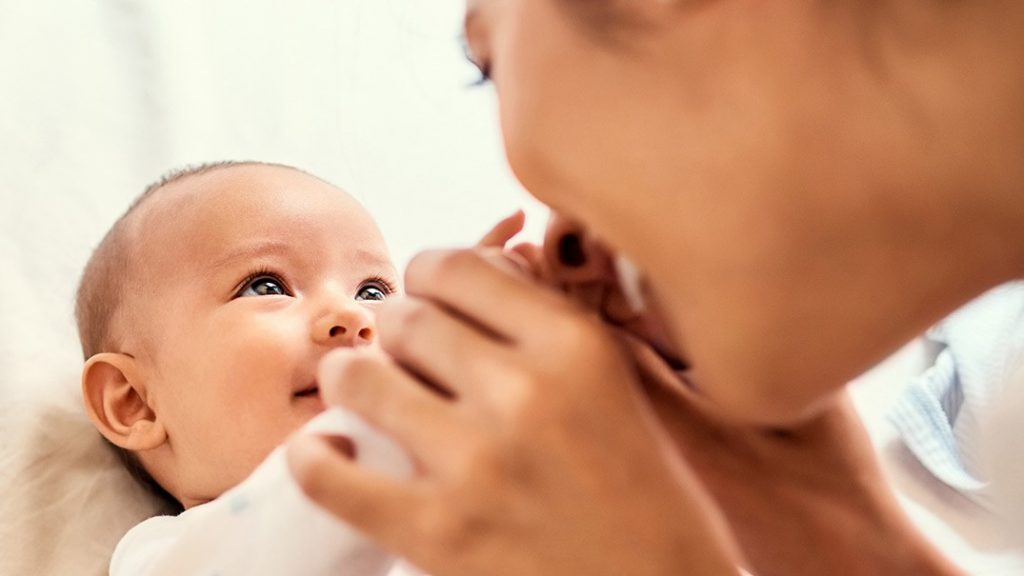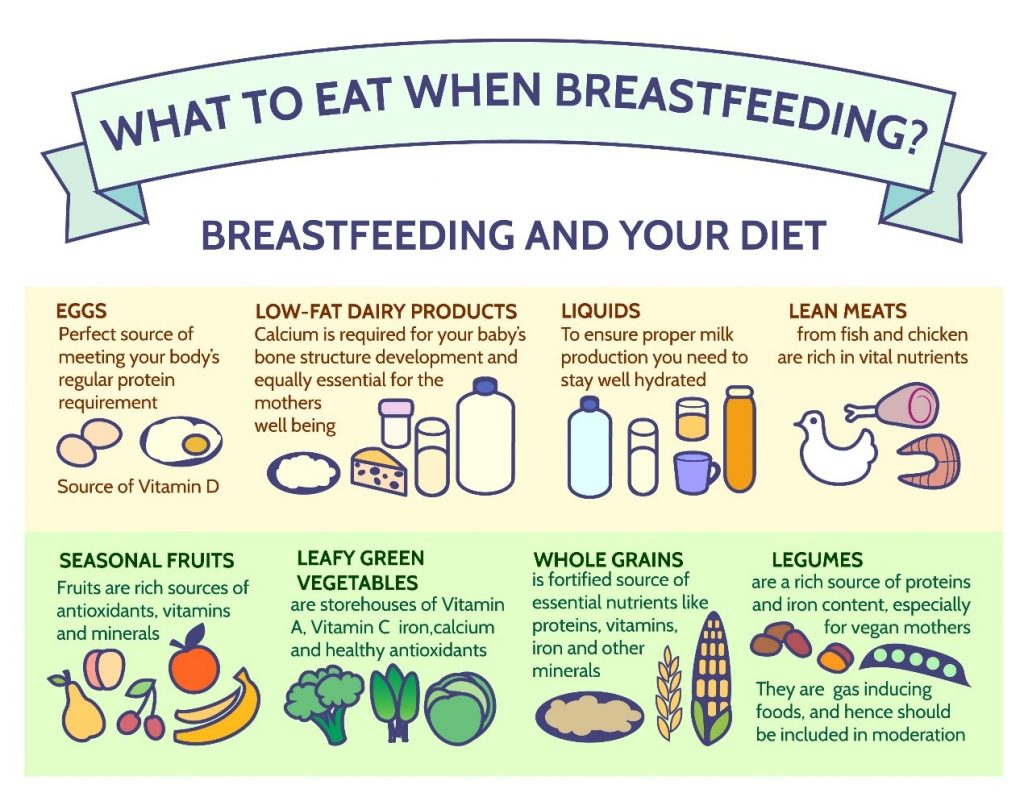This is because, breastmilk is the ideal food for infants. Breastmilk provides all the energy and nutrients that the infant needs for the first months of life, and it continues to provide up to half or more of a child’s nutritional needs. From the age of 6 months, children should begin eating safe and adequate complementary foods while continuing to breastfeed for up to 2 years and beyond. Other than that, breastmilk also contains antibodies which help protect against many common childhood illnesses.

Breastfed children perform better on intelligence tests, are less likely to be overweight or obese and less prone to diabetes later in life. Women who breastfeed also have a reduced risk of breast and ovarian cancers.
However, how about the mother nutrition, should lactating mother eat more, for the sake of the baby?
Breastfeeding mothers generally need more calories to meet their nutritional needs while breastfeeding. An additional 450 to 500 kilocalories (kcal) of healthy food per day is recommended for well-nourished breastfeeding mothers, compared with the amount they were consuming before pregnancy (approximately 2,300 to 2,500 kcal per day for breastfeeding women verses 1,800 to 2,000 kcal per day for moderately active, non-pregnant women who are not breastfeeding). The number of additional calories needed for an individual breastfeeding woman is also affected by her age, body mass index, activity level, and extent of breastfeeding (exclusively breastfeeding verses breastfeeding and formula feeding).
To get these extra calories, focus on making healthy choices to help fuel your milk production. Choose for protein rich food, such as lean meat, eggs, dairy, beans, lentils and seafood low in mercury. Choose variety of whole grains as well as fruits and vegetables.
Eating a variety of foods while breast-feeding will make your baby have variety of complete nutrients through the breastmilk. But, if you are picky eater or a juggler who does not have time to eat, then discuss with your healthcare provider for daily multivitamin to consume until you wean your baby.

Another essential thing for mother when it comes to breastfeeding, is water consumption, it is very important for a breastfeeding mother especially to drink enough water in order to produce milk and to not making your dehydrate as well.

Be wary of juices and sugary drinks, however. Too much sugar can contribute to weight gain — or sabotage your efforts to lose pregnancy weight. Too much caffeine can be troublesome, too. Limit yourself to no more than 2 to 3 cups (16 to 24 ounces) of caffeinated drinks a day. Caffeine in your breast milk might agitate your baby or interfere with your baby’s sleep.
If you are exclusive pumping breastmilk for your baby, consider pumping your breastmilk every few hours in order to make sure the milk supply imitate the baby breastfeeding hour.
What foods and drinks should I limit or avoid while breast-feeding?
Certain foods and drinks deserve caution while you are breast-feeding. For example:
Alcohol. There is no level of alcohol in breast milk that is considered safe for a baby. If you drink, avoid breast-feeding until the alcohol has completely cleared your breast milk. This typically takes two to three hours for 12 ounces (355 milliliters) of 5% beer, 5 ounces (148 milliliters) of 11% wine or 1.5 ounces (44 milliliters) of 40% liquor, depending on your body weight. Before you drink alcohol, consider pumping milk to feed your baby later.
Caffeine. Avoid drinking more than 2 to 3 cups (16 to 24 ounces) of caffeinated drinks a day. Caffeine in your breast milk might agitate your baby or interfere with your baby’s sleep.
Fish. Seafood can be a great source of protein and omega-3 fatty acids. Most seafood contains mercury or other contaminants, however. Exposure to excessive amounts of mercury through breast milk can pose a risk to a baby’s developing nervous system. To limit your baby’s exposure, avoid seafood that is high in mercury, including swordfish, king mackerel and tilefish.
Remember, there is no need to go on a special diet while you are breast-feeding. Simply focus on making healthy choices — and you and your baby will reap the rewards.
References